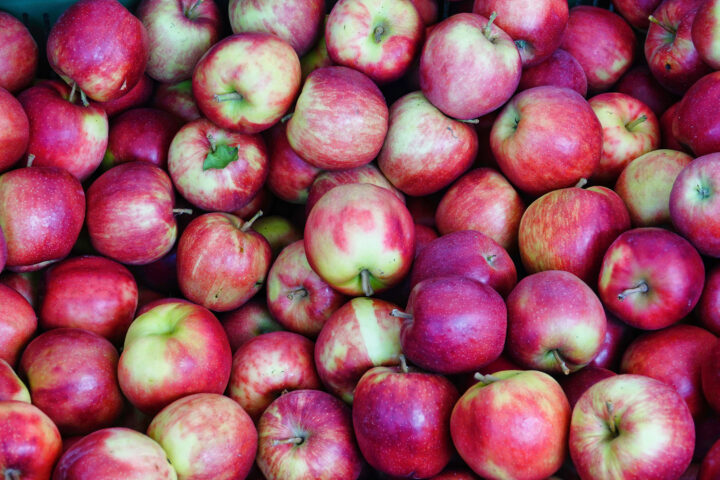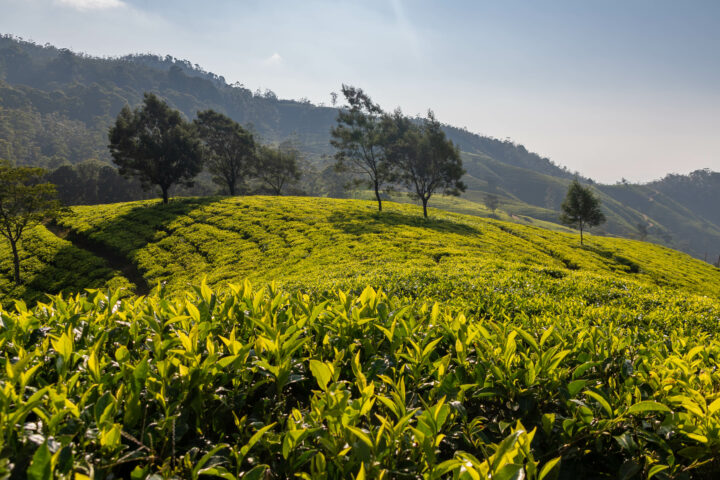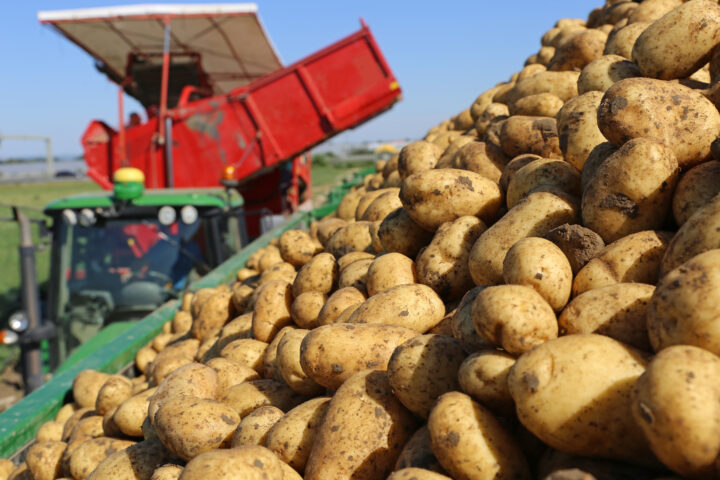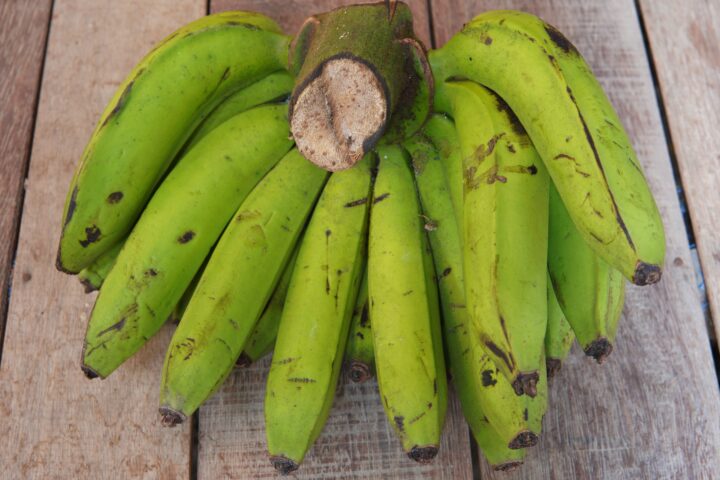
At Bio Suisse, appearances and reality diverge
Over the past decades, the umbrella organisation Bio Suisse has developed into an organisation with almost one hundred employees. In order to be able to achieve the quantities demanded by the retail trade and the high, also visual quality of conventional cultivation, Bio Suisse also cannot avoid area spraying with insecticides.
Thursday, June 1, 2023
Bio Suisse was founded in 1981 with little money by convinced organic pioneers. As the "SonntagsZeitung" and K-Tipp report, the umbrella organisation Bio Suisse has since become a wealthy organisation with a large administrative apparatus. Its turnover is 22.6 million Swiss francs. The organisation has 93 employees. "The current dimensions of Bio Suisse are more suited to an SME than to an association committed to environmental protection and animal welfare," writes the "SonntagsZeitung".
Higher wholesale margins as a driver?
The strong growth has also changed the structure of Bio Suisse compared to the founding years. "Bio Suisse was forced by the very strong growth to persuade more farms to convert so that they could supply organic products to retailers, especially to Coop", says Daniel Bärtschi, former managing director of Bio Suisse to the "SonntagsZeitung". The result is that many farms no longer participate out of conviction, but out of purely economic interests. Organic products can be sold in Switzerland for about 50 percent more than conventionally produced products. The margin is high, especially for the major distributors. According to the "SonntagsZeitung", Coop is said to have put pressure on Bio Suisse to keep organic prices high.
Organic plants also need protection
In order to satisfy the demand for organic food, plant protection products are indispensable, such as the insecticide spinosad. Spinosad is a contact poison used to control pests. It must be applied over a wide area and can therefore also harm beneficial insects such as ladybirds, but also bees and aquatic organisms. Spinosad is important in organic farming: Agroscope determined as early as 2020 in a study that if spinosad were not used, greater difficulties would have to be expected in organic production in all crop areas.
As the "BauernZeitung" writes, Bio Suisse explains the approval of spinosad with the increased pest pressure. "Due to the increasing pest pressure, the extended application was permitted at the request of the specialist group for vegetables and potatoes," Bio Suisse writes about the reasons when asked by the "BauernZeitung". In addition, the retailers are extremely strict about the conditions of acceptance. Feeding damage by pests would not be accepted. Organic methods cannot prevent the damage.
Contradictory attitude
This example illustrates Bio Suisse's contradictory attitude towards reality. In advertising, pure naturalness and an ideal world are celebrated. But the pests don't care - and in order to be able to achieve the quantities demanded by the retail trade and the high quality, including visual quality, of conventional cultivation, organic farming is also dependent on highly effective insecticides that have to be applied correctly. Appearances and reality diverge. But from a farmer's point of view, the use of crop protection is understandable: organic farmers also want to be able to harvest, and consumers should be able to enjoy their harvests. After all, "food loss" in the field and "food waste" because the retail trade rejects products is a waste of resources. What remains, however, is a stale aftertaste. Bio Suisse would do well to be more honest. But perhaps the frequently heard marketing slogan that consumers want to be lied to is being applied here.
Sources
Kindly note:
We, a non-native editorial team value clear and faultless communication. At times we have to prioritize speed over perfection, utilizing tools, that are still learning.
We are deepL sorry for any observed stylistic or spelling errors.
"Organic does not use pesticides"
Although it is a widespread belief that organic farmers work without pesticides, it is clearly false. Around 60 per cent of Switzerland's top ten plant protection products are also approved for organic farming. Organic farming could not exist in its current form without modern synthetic plant protection products.
Related articles

Where the focus lies in apple breeding
The new head of Agroscope's fruit breeding research group is Andrea Patocchi. In an interview with the trade journal Obst + Wein, he explains where the focus of apple breeding lies today.

Chinese robot picks tea
There is a shortage of tea pickers in China. A robot developed by a researcher is set to remedy the situation and take over the work in future. Thanks to artificial intelligence, the machine can even recognise the shoots of the tea plant. The first harvesting robots are also already being developed in Switzerland.

Potato farmers want robust varieties
As the use of pesticides is to be massively reduced, the potato industry now wants to focus on more robust varieties. The industry has even concluded a target agreement with the federal government. This is ambitious: By 2040, robust varieties are to thrive on 80% of potato cultivation areas.

How genetic engineering is saving the Cavendish banana
The most popular banana variety - the so-called Cavendish banana - could soon disappear due to a persistent fungus. Australian researchers have developed a solution based on genetic engineering.

